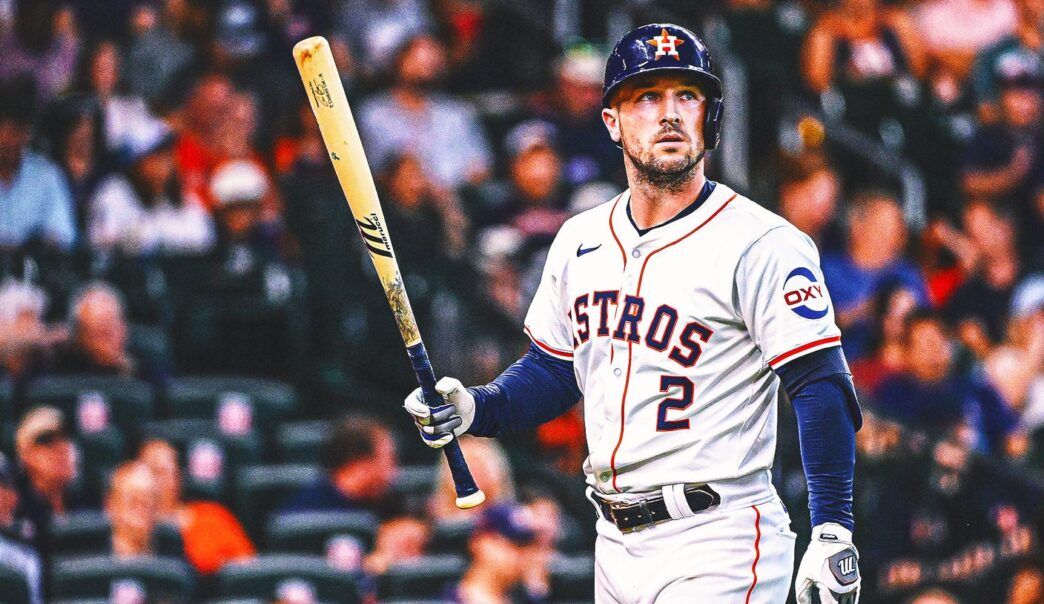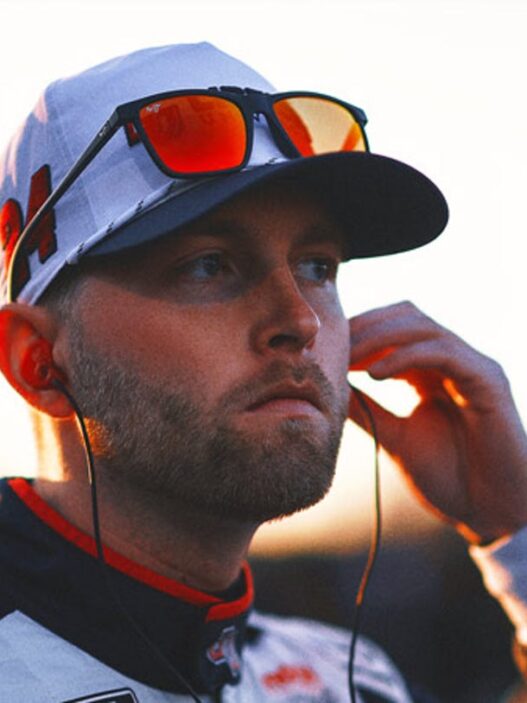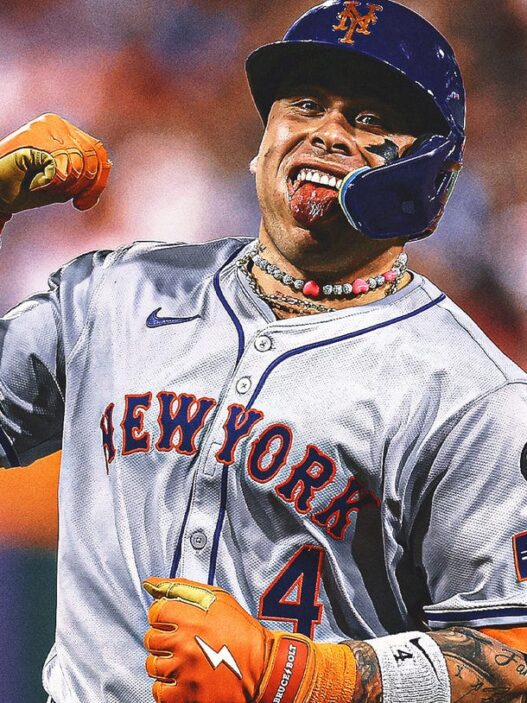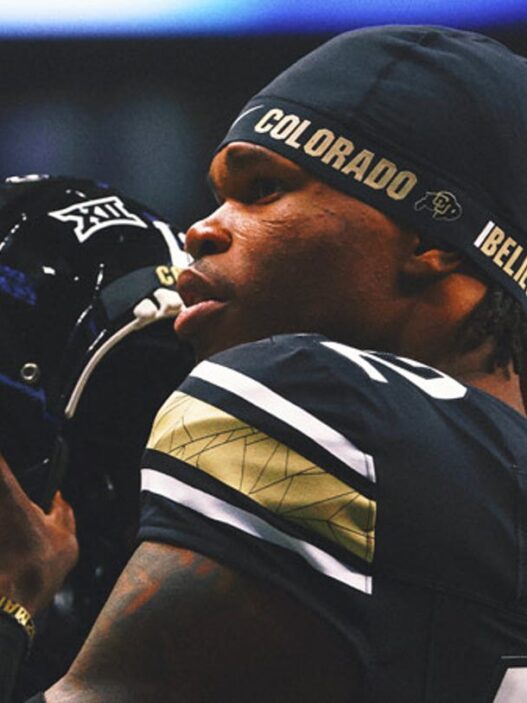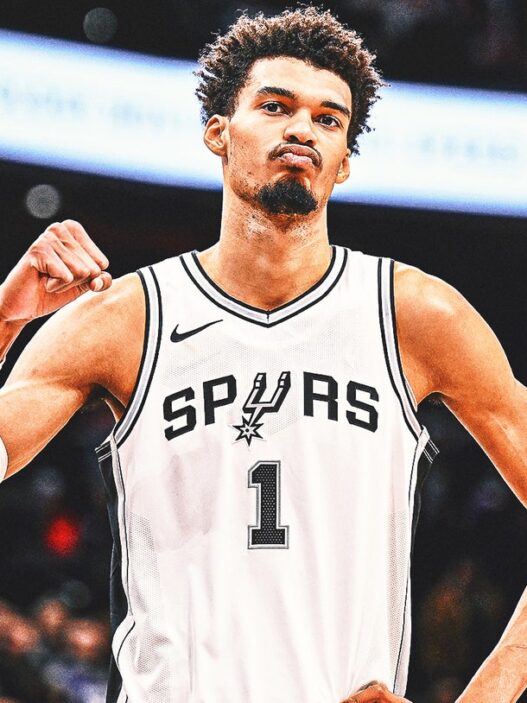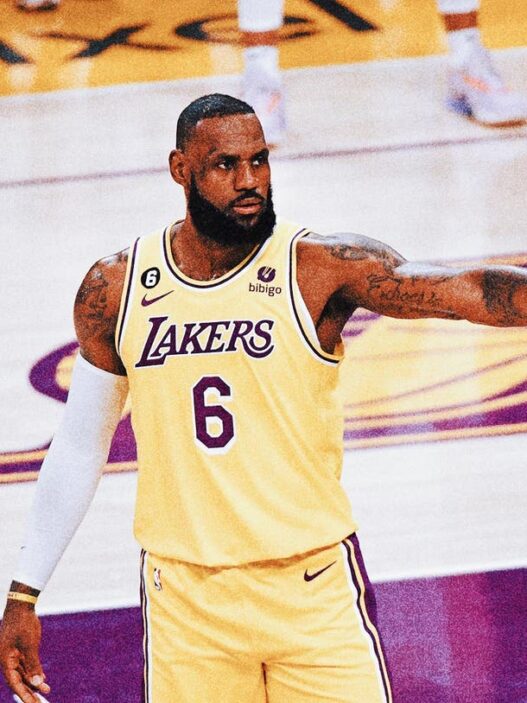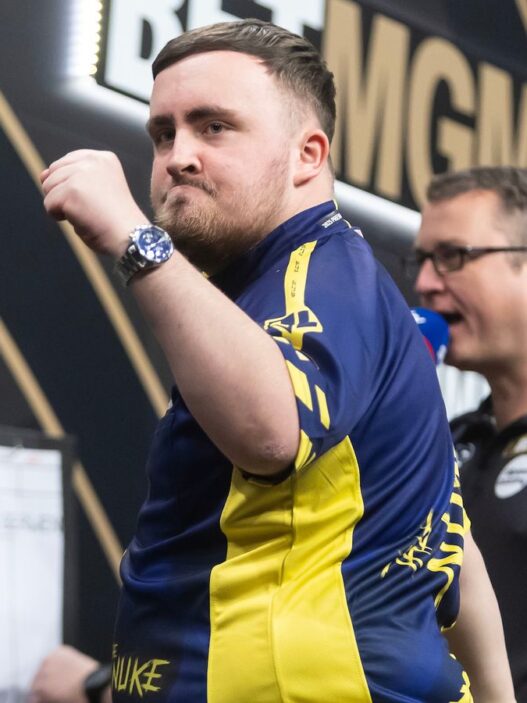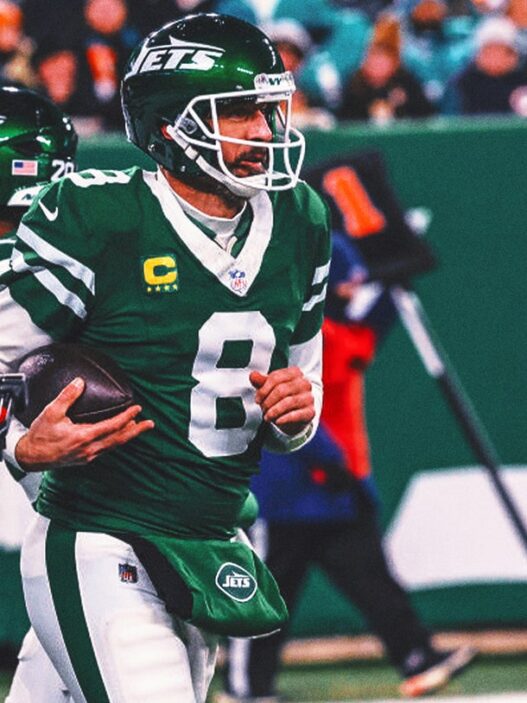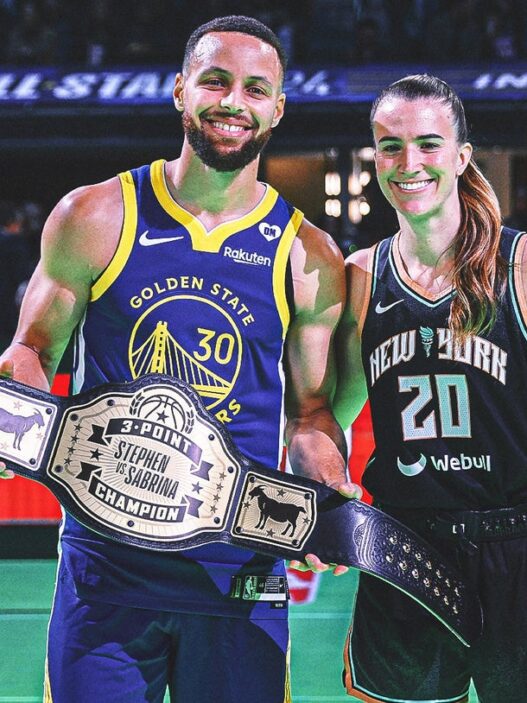If Wednesday night signaled the twilight of one American League juggernaut’s run, the Red Sox are hoping it also marked the resurgence of another.
Boston, having missed out on the playoffs each of the past three years and five of the past six seasons, landed a player who has known nothing but winning throughout that time. Alex Bregman, a symbol of both Houston’s hegemony and ignominy over the past nine years, will be wearing a different big-league uniform for the first time in 2025.
Bregman and the Red Sox reportedly agreed to a three-year deal worth $120 million which includes deferrals, an important note considering the otherwise massive short-term commitment from a longtime powerhouse franchise that had failed to act as one in recent years. The move, expensive as it might be over the next few years, is the act of a Boston team doing what’s necessary to be taken seriously again and put itself in a position to return to prominence in one of the most perilous divisions in the sport after finishing in last place in the AL East three times in the past five years.
For all that Bregman provides with his bat and his glove, his leadership and magnetism in a clubhouse should also be a boon for a youthful club that needed both star power and direction as a host of top prospects in Boston begin to embark on their MLB careers.
Over the past seven years, Bregman has been worth the second-most wins above replacement among all MLB third basemen, behind only José Ramírez. He’s no longer producing the offensive numbers that made him a two-time All-Star, 7-9 WAR player and top-five MVP finisher in 2019 and 2020, but he remains one of the best players at his position. Bregman’s expert plate discipline and stout defense at the hot corner have helped him consistently remain a well above league-average hitter with 20-plus-homer pop and one of the better defensive third basemen in the sport, even at 30. Last year, he weathered a slow start at the plate to produce his third straight season with at least 4 WAR. His .768 OPS was the lowest mark of his career, and it was still 18% better than league average.
It’s no surprise why he desired a contract north of $200 million this offseason. When that offer never came, he found a variety of other options at his table. He could have returned to Houston for six years and $156 million. He could have gone to Detroit, which reportedly offered the same number of years and $171 million.
Or he could take the deal he got: a whopping $40 million per season with the ability to cash in again for more long-term stability at any point in the next three years, depending how his tenure in Boston goes. (The Cubs also reportedly offered $120 million but for four years, which Boston’s offer far surpassed.)
Related: MLB’s 6 riskiest contracts of the 2025 offseason
Had deferrals not been included, a $40 million average annual value would have matched that of two-time MVP Aaron Judge for the sixth-highest AAV in baseball history, and trailing only Juan Soto, Shohei Ohtani and Zack Wheeler among active players. (Ohtani’s heavily-deferred $70 million annual salary has a $46 million AAV for luxury-tax purposes). Even with the deferrals, it’s a lot of money for a 31-year-old infielder with moderate power whose chase rate increased and walk rate plummeted last season, lowering his on-base percentage to its lowest mark since his abbreviated debut season.
There have been comparisons made between Bregman and Matt Chapman, another slick-fielding third baseman and Scott Boras client who was also entering his age-31 season when he signed a similarly structured, opt-out-laden deal with the Giants before the 2024 campaign. The big difference? Chapman cost just $54 million, more than half of what Bregman went for, before parlaying his success into the longer-term pact he initially sought.
Perhaps a similar situation unfolds for Bregman. Regardless, it was well past time for the Red Sox to make this kind of bet. For the first time in years, Boston finally offered a bid enticing enough to attract a premier talent. And on a short-term deal, Bregman’s pull-side power and production should continue to play well with the Green Monster at Fenway Park, as it did with the Crawford Boxes at Daikin Park (formerly Minute Maid).
It’s worth noting, too, that Bregman’s success in Houston was not just a result of home cooking. He has been just as good on the road throughout his career, and that’s especially true in Boston. In 21 games at Fenway Park, Bregman has a 1.240 OPS with seven home runs.
What it means for the Red Sox
There they are.
You know, the Red Sox? That team that won four World Series in a 15-year span? That group that carried a top-five payroll every year throughout that stretch? Well, all right, they’re still not quite there, yet, but this is a lot closer to the “full-throttle” approach than Red Sox chairman Tom Werner had pledged the previous winter, when Boston’s biggest free-agent expenditure was two years and $38.2 million to Lucas Giolito. This is the start of a promise finally starting to be fulfilled.
Since winning the World Series in 2018, the Red Sox have largely been irrelevant. Over the past six years, they’ve made the playoffs once. In that same stretch, Bregman has been the lifeblood of an Astros team that has gone to half of the past six Fall Classics.
It’s possible Bregman is only in town for a year. If he pops off in Boston, he can opt out and test the market again. But the heft of his yearly salary could convince him to let the deal play out, especially if the Red Sox rebirth begins and spawns a longer-term offer. They had already made some intriguing moves this winter, adding Garrett Crochet, Walker Buehler, Aroldis Chapman and Patrick Sandoval to a pitching staff that needed a boost. But Crochet, who’s still in arbitration, was acquired via trade and will make less than $4 million this year. Buehler signed a one-year pillow deal for the equivalent of the qualifying offer, attempting to reestablish his value after a down year that ended on another masterfully high note in a prosperous postseason. Chapman is 37 and Sandoval underwent Tommy John surgery last season.

None of that was enough to really contend, not against the Yankees and Orioles, even as a plethora of highly regarded prospects are soon to debut.
For the past two years, the Red Sox have started the season with a payroll outside the top 10 in baseball, a confounding reality for a frustrated fanbase that watched their team trade away Mookie Betts, unwilling to pay him what he was worth, only to then see him lead the Dodgers to two World Series championships over the past five years. They didn’t pay up to keep Xander Bogaerts, either, a decision that appears more prudent than the Betts one. Extending Rafael Devers before the 2023 season was a necessity to keep any semblance of star power in uniform long term.
Perhaps they got spooked after giving out extensions of $215 million to David Price — the Dodgers’ willingness to take on his contract and get the Red Sox under the luxury-tax threshold was part of the Betts deal — in 2015 and $145 million to Chris Sale in 2019, then committing $140 million to Trevor Story before the 2022 season and $90 million to Masataka Yoshida after that year. They hadn’t doled out a nine-figure free-agent deal since. To make matters worse last year, they traded away the National League Cy Young Award winner (Sale) in return for a below replacement-level 23-year-old infielder (Vaughn Grissom). Even after their early work this winter, another jolt seemed necessary for a Boston team that had surpassed the luxury-tax threshold just once in the past five years.
More specifically, the Red Sox needed a right-handed bat to balance out a lineup that featured the lefty bats of Devers, Jarren Duran, Triston Casas, Wilyer Abreu and Yoshida. It would help if that player could also man the middle infield. Prospects Kristian Campbell and Marcelo Mayer aren’t far from making an impact, but the Red Sox ranked 23rd and 27th in wRC+ at shortstop and second base, respectively, last season. They needed some reliability and stability.

Whether he ends up taking reps from Devers at third base or manning second base, Bregman provides more of a sure thing for the Boston infield both in the lineup and on the field, where it committed the second-most errors in baseball last season. The draft hit that the Red Sox absorbed by signing Bregman was mitigated when the Padres signed departing free-agent Nick Pivetta. Both players declined the qualifying offer from their previous clubs.
The Red Sox could still use more relief help, but this is now a club that looks ready to contend again.
What it means for the Astros
A precarious, uncharted road ahead.
Red Sox manager Alex Cora wasn’t the only person singing Bregman’s praises and touting his ability to impact an organization in multiple facets. A leader known for galvanizing his clubhouse throughout the Astros’ dynastic run, Bregman had such an influence in Houston that José Altuve made a public plea to the Astros’ ownership group to keep him, with the nine-time All-Star and former MVP even offering to switch positions to make it happen.
Ultimately, it didn’t matter. The writing was on the wall in the middle of December, when the Astros traded 28-year-old three-time All-Star Kyle Tucker. The move not only demonstrated their unwillingness to pay what it would cost to keep one vital member of their championship core, but it also seemed to signal the end of the road with another.
In came Isaac Paredes, the likely new third baseman, and new Astros top prospect Cam Smith, the potential third baseman of the future. They still entertained the idea of keeping Bregman and moving pieces around, but it never came to fruition.
Now, the path forward in Houston looks as treacherous as it has at any point in the past decade. A team that includes Altuve, Yordan Álvarez and Christian Walker atop the lineup, Framber Valdez and Hunter Brown in the rotation and Hader and Bryan Abreu in the bullpen should still contend for a division title, but this is not the same group that has made it to the ALCS seven of the past eight years.
They weathered the loss of George Springer in 2021. They survived the departure of Carlos Correa in 2022, storming to a World Series championship. Without Tucker and Bregman, though, and with a farm system offering little to rely on coming up the ranks, how much longer can the most decorated chapter of Astros history continue?
Rowan Kavner is an MLB writer for FOX Sports. He previously covered the L.A. Dodgers, LA Clippers and Dallas Cowboys. An LSU grad, Rowan was born in California, grew up in Texas, then moved back to the West Coast in 2014. Follow him on Twitter at @RowanKavner.
Want great stories delivered right to your inbox? Create or log in to your FOX Sports account, follow leagues, teams and players to receive a personalized newsletter daily.

Get more from Major League Baseball Follow your favorites to get information about games, news and more


